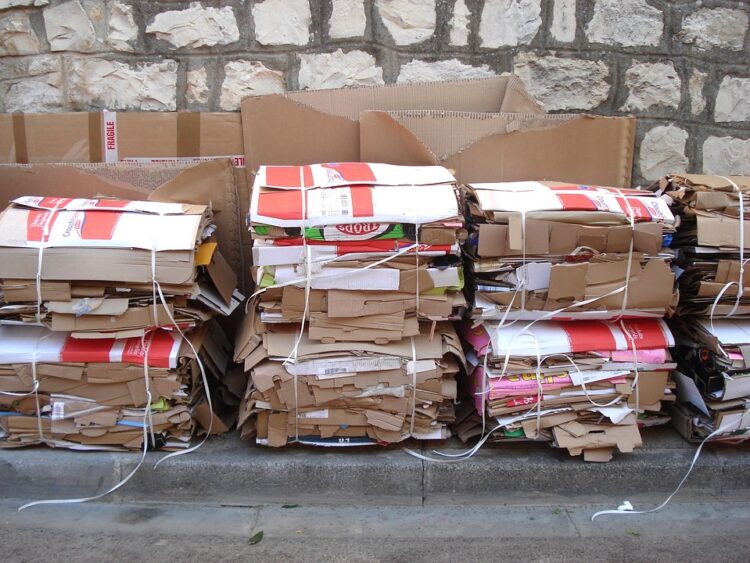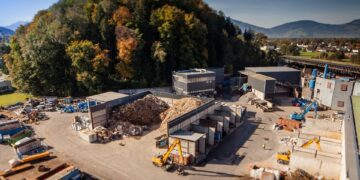Revolutionizing Recycling: Building a Sustainable Future Through Innovative Recycling Practices
In today’s fast-paced world, the need for sustainable solutions to our environmental challenges has never been more pressing. One area that holds great potential for positive change is recycling. By rethinking traditional recycling practices and embracing innovative new technologies, we can revolutionize the way we handle waste and build a more sustainable future for generations to come.
The Importance of Recycling
Recycling plays a crucial role in reducing the impact of our waste on the environment. By reusing materials instead of discarding them, we can conserve natural resources, reduce pollution, and decrease the amount of waste that ends up in landfills. Recycling also helps to lower greenhouse gas emissions and combat climate change, making it an essential part of any sustainability strategy.
Common Questions About Recycling
What Can Be Recycled?
Many materials can be recycled, including paper, cardboard, glass, plastic, and metal. Some items, such as electronics and batteries, require special recycling processes to ensure they are handled safely and responsibly. It’s important to check with your local recycling facility to find out what materials they accept and how to properly prepare them for recycling.
How Does Recycling Benefit the Environment?
Recycling reduces the need to extract raw materials from the earth, which helps to preserve natural habitats and protect biodiversity. It also saves energy, as it takes less energy to recycle materials than it does to produce new ones from scratch. By reducing the amount of waste that goes to landfills, recycling helps to prevent pollution and reduce the greenhouse gas emissions that contribute to climate change.
Revolutionizing Recycling Through Innovation
While traditional recycling practices have made significant strides in recent years, there is still room for improvement. By embracing innovative technologies and processes, we can take recycling to the next level and create a more sustainable future for all.
Advances in Recycling Technologies
One of the most exciting developments in recycling is the rise of advanced recycling technologies that can process materials that were previously considered unrecyclable. These technologies use cutting-edge processes such as chemical recycling and pyrolysis to break down complex materials into their basic components, which can then be reused in new products. By expanding the range of materials that can be recycled, these technologies are helping to reduce waste and conserve resources in new and exciting ways.
Smart Recycling Systems
Another key innovation in recycling is the development of smart recycling systems that use sensors and data analytics to optimize the collection and sorting of recyclable materials. These systems can track the flow of materials through the recycling process, identify contamination and inefficiencies, and provide valuable insights that can help improve recycling rates and reduce costs. By harnessing the power of technology, smart recycling systems are helping to make recycling more efficient, effective, and sustainable.
Building a Sustainable Future Through Recycling
As we look to the future, it’s clear that recycling will play a crucial role in building a more sustainable world. By embracing innovative recycling practices and technologies, we can reduce waste, conserve resources, and mitigate the environmental impact of our consumption patterns. Together, we can revolutionize recycling and create a brighter future for all.
Conclusion
Revolutionizing recycling is essential for building a sustainable future. By rethinking traditional practices and embracing innovative technologies, we can reduce waste, conserve resources, and protect the environment for generations to come. Together, we can create a more sustainable world through recycling.
Remember, every small step we take towards recycling makes a big difference in the long run. Let’s work together to build a better future through innovative recycling practices.











